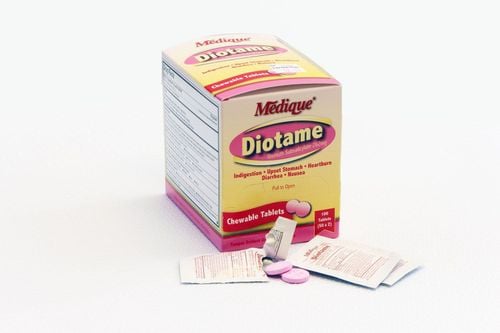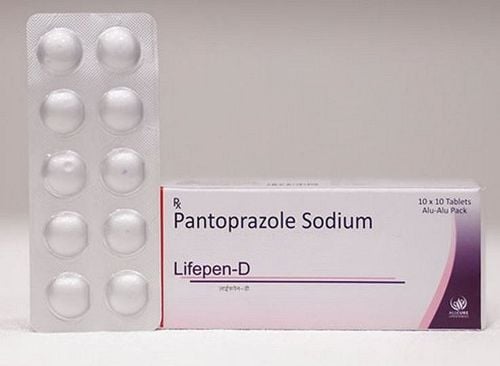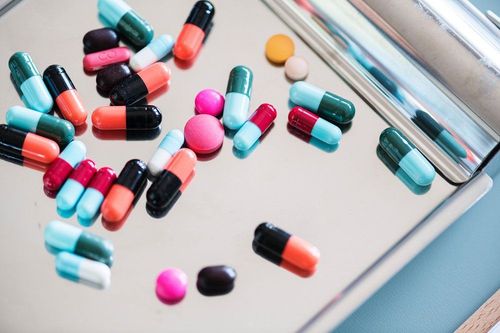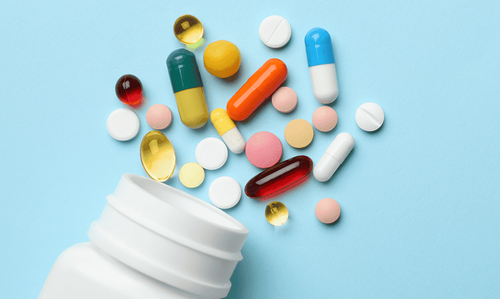This is an automatically translated article.
Heartburn or gastroesophageal reflux disease (GERD) usually responds best to medication if the patient takes it daily and is ineffective if the patient takes it only when symptoms are present. Most over-the-counter treatments should not be taken daily for long periods of time because of the risk of side effects if taken long-term.
1. Histamine-2 (H2) Inhibitors
H2 is a drug commonly taken in prescription form and usually in higher doses than over-the-counter versions. H2 blockers work to relieve heartburn, treat acid reflux and are especially effective for people who have never been treated before. While these medications are particularly helpful in easing heartburn, they may not be as good for treating esophagitis as a result of GERD.
Histamine stimulates acid production, especially after a meal, so H2 blockers are best taken 30 minutes before a meal, they can also be taken at bedtime to suppress daytime acid production. night. Forms of H2 inhibitors include Cimetidine (Tagamet), Famotidine (Pepcid), and Nizatidine.
Possible side effects of H2 blockers include headache, abdominal pain, diarrhea, nausea, bloating, sore throat, runny nose, and dizziness. Note that the H2 inhibitor ranitidine (Zantac) was removed from the market in 2020 because it was found to contain a carcinogen.
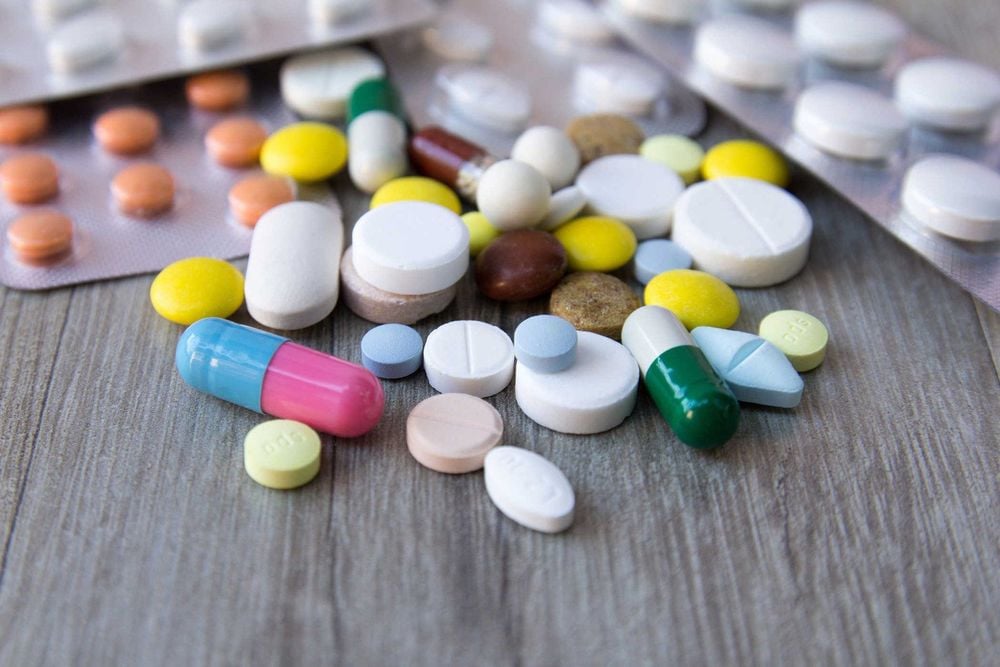
H2 là thuốc thường được dùng ở dạng kê đơn
2. Proton Pump Inhibitors (PPIs)
Proton pump inhibitors work to reduce acid production by blocking the enzyme in the stomach wall that makes acid. Acid is the source of most ulcers in the esophagus, stomach, and duodenum, and reducing acid with PPIs will prevent ulcers and allow any existing ulcers in the esophagus, stomach, and duodenum to heal.
Proton pump inhibitors are used to prevent and treat acid-related conditions such as stomach and duodenal ulcers of the esophagus, NSAID-related ulcers, ulcers caused by gastroesophageal reflux disease (GERD) Zollinger-Ellison syndrome. They are also used in combination with antibiotics to eradicate Helicobacter pylori, a bacteria that, along with acid, causes stomach and duodenal ulcers.
PPIs are more effective at blocking acid production and last longer than H2 inhibitors. PPIs are best taken one hour before a meal and they include:
Dexlansoprazole (Dexilant) Esomeprazole (Nexium) Lansoprazole (Prevacid) Omeprazole (Prilosec, Zegerid) Pantoprazole (Protonix) Rabeprazole (Aciphex) Medications used to control GERD often play a similar role, and it is impossible to determine which is more effective than the other. These medications are also great for protecting the esophagus from acid so that esophagitis can heal.
The most common side effects of proton pump inhibitors are headache, diarrhea, constipation, abdominal pain, bloating, fever, vomiting, nausea, rash.
PPIs can increase the risk of Clostridium difficile infection in the colon. Long-term use in high doses for about 1 year or longer may increase the risk of hip, wrist or spine fractures due to osteoporosis and decrease the absorption of vitamin B12 (cyanocobalamin).
Long-term PPI use has also been associated with reduced magnesium levels causing hypotension. Analysis of patients taking PPIs for a long time also showed an increased risk of heart attack.
Therefore, it is important to use PPIs only at the lowest dose and shortest duration of treatment necessary for the condition being treated.
Other serious side effects associated with PPIs include:
Severe allergic reactions Stevens-Johnson syndrome Toxic epidermal necrolysis Decreased kidney function Pancreatitis Decreased liver function Erythema multiform
3. Heartburn and Reflux Promoters
The agents work by stimulating the muscles of the digestive tract to help prevent acid from staying too long in the stomach and strengthening the lower esophageal sphincter to reduce reflux into the esophagus. Metoclopramide (Reglan) is a promoting agent and is sometimes used to treat heartburn associated with GERD. Reglan side effects can be serious and can include drowsiness, fatigue, diarrhea, restlessness, and movement problems.
Vinmec International General Hospital is one of the hospitals that not only ensures professional quality with a team of leading medical professionals, modern equipment and technology, but also stands out for its examination and consultation services. comprehensive and professional medical consultation and treatment; civilized, polite, safe and sterile medical examination and treatment space.
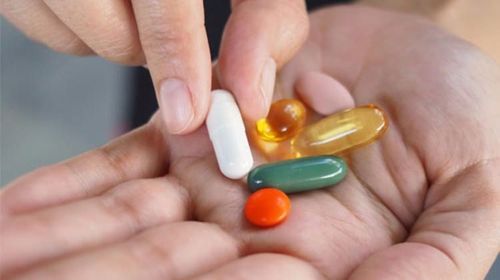
Tác nhân thúc đẩy chứng ợ nóng và trào ngược
Please dial HOTLINE for more information or register for an appointment HERE. Download MyVinmec app to make appointments faster and to manage your bookings easily.
References: medicinenet.com, health.harvard.edu, webmd.com





